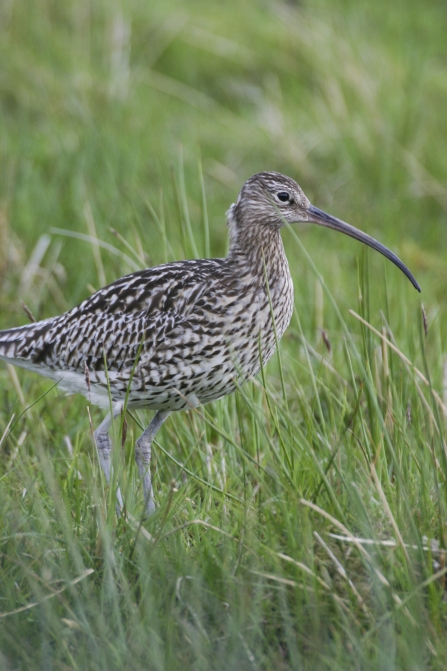“Our thoughts are with the people who have been affected by the fire and we’d like to recognise the valiant efforts that have been made by the fire service to try and control the blaze,” said Charlotte Harris, Chief Executive at Cheshire Wildlife Trust.
“On a wildlife front, moorland fires on this scale can be devastating,” explained Charlotte. “As it’s peatland, once alight it’s difficult to put out and control as it can burn underground and reignite, as the last couple of days have shown. Our thoughts are with the residents and farmers affected.”
Peatland is a carbon store. Therefore fires like this release the locked up carbon into the atmosphere having a long-term effect on our environment. Both Wildlife Trusts are involved in peatland restoration projects across Cheshire and Lancashire to rewet moors and mosslands. This not only holds back water to reduce flood risk, it also reduces the risk of fires on this scale.

